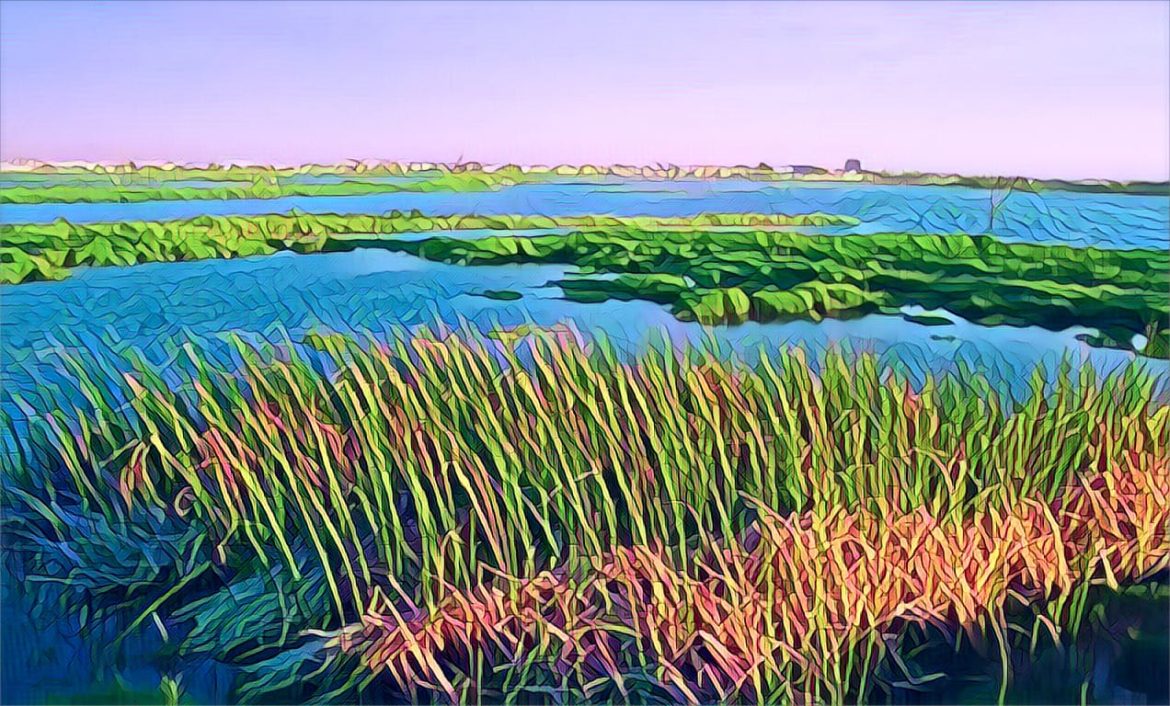Harare, Zimbabwe – The wetlands that provide most of the water for Zimbabwe’s capital city are facing a new wave of destruction from illegal settlements and land sales, according to a residents’ group.
The Harare Residents’ Trust (HRT) said in a statement that wetlands are being degraded in many communities as corrupt officials, politicians, and land barons collude to parcel out land for residential purposes, without regard for the environmental and social consequences.
The wetlands, also known as dambos, are low-lying marshy grasslands that store and filter water during the rainy season and release it slowly into streams and rivers during the dry season. They are vital for the water supply of Harare, which sits on the headwaters of the Manyame and Gwebi catchment basin that supports 6.5 million people.
The HRT said that the loss of wetlands will have long-term effects on the city’s water security and resilience to climate change.
A Vicious Cycle of Water Woes
The destruction of wetlands is not a new phenomenon in Harare, but it has worsened in recent years due to the economic and political crisis that has gripped the country. The city council manages and protects the wetlands, but has been hampered by a lack of funds, staff, and equipment, as well as political interference and corruption.
The council has also failed to provide adequate water and sanitation services to the existing residents, let alone the new ones. According to the HRT, only 40% of the residents have access to clean water daily and the same number have proper sanitation.
The water treatment plants are often unable to cope with the demand and the poor quality of the raw water, resulting in frequent water shortages and outbreaks of waterborne diseases.
The HRT said that the solution to the water crisis is not to destroy the wetlands, but to restore and conserve them, as well as to improve the water and sanitation infrastructure and services. The group called on the authorities to enforce the laws and policies that protect the wetlands and to prosecute and evict those who are illegally occupying them.
The group also urged the public to be vigilant and report any cases of wetland encroachment or abuse, and to resist any attempts to lure them into buying or settling on wetlands.
A Ray of Hope for Wetlands
Despite the grim situation, there is a ray of hope for the wetlands of Harare. Some civil society organizations, such as the Harare Wetlands Trust and BirdLife Zimbabwe, have been working to raise awareness and advocate for the protection of the wetlands.
Some residents have also taken action to defend and reclaim their wetlands from the land grabbers. For example, in January 2023, a group of residents from Budiriro, a high-density suburb in Harare, staged a peaceful protest and petitioned the council to stop the construction of a housing project on a wetland in their area. They argued that the project would destroy the wetland and worsen the flooding and water problems in their community.
These efforts show that there is still a chance to save the wetlands of Harare if there is enough political will and public support. The wetlands are not only a source of water, but also a source of beauty, biodiversity, and livelihoods for many people. They are worth fighting for.
Source: Newsday Zimbabwe


